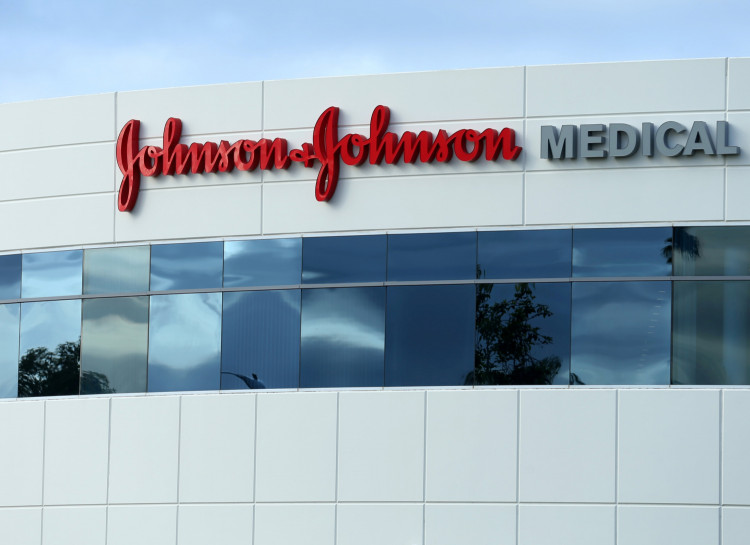Provided the scheduled tests will produce the expected results, the fight against the novel coronavirus could see a breakthrough before the end of 2020. Johnson & Johnson said human clinical trials of its COVID-19 vaccine would begin in September this year with the possibility that the cure would be authorized for use in early 2021.
The giant pharmaceutical firm announced on Monday that it started work with the U.S. government on the vaccine in January. The company identified its project partner as the Biomedical Advanced Research and Development Authority (BARDA), which is an agency attached to the U.S. Department of Health and Human Services.
CNN reported that the vaccine development will cost an estimated $1 billion that will be funded by Johnson & Johnson and the U.S. government.
In a statement, the pharma firm said that if the vaccine is approved, mass production will be started immediately so the cure can be delivered within and outside of the United States. The large scale manufacture of the vaccine is seen to make it affordable, which should help arrest the spread of the lethal bug.
The immediate goal of the tests in September is to produce the first batch of the cure that hopefully can be deployed for emergency use as early as January next year.
"The world is facing an urgent public health crisis and we are committed to doing our part to make a COVID-19 vaccine available and affordable globally as quickly as possible," said the news release from Johnson & Johnson.
It is believed that Johnson & Johnson's work on a COVID-19 cure involves the main vaccine candidate and two potential backups, somehow indicating that scientists are gaining significant grounds in the ongoing effort to stem the spread of the novel coronavirus.
TechCrunch said the cure from Johnson & Johnson could potentially be the second answer to the pandemic. Moderna Health issued a note last week that promised the formulation of a vaccine initially geared for use by healthcare workers.
This vaccine from Moderna will make use of messenger RNA and not doses of the COVID-19 virus, purportedly to inoculate against the disease.
"The use of mRNA means that the inoculation doesn't expose recipients to the disease itself, so they're not at risk of contracting the disease," said the same report.
Moderna reminded that its vaccine is in the experimental stage and was made available to volunteer participants in the Washington state.
If the first stage of these trials will prove successful, the company said the cure would be released in late September this year, or around the same time that Johnson & Johnson will confirm if its version of the vaccine will neutralize the COVID-19.






